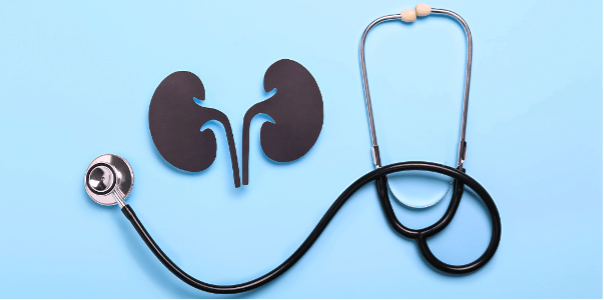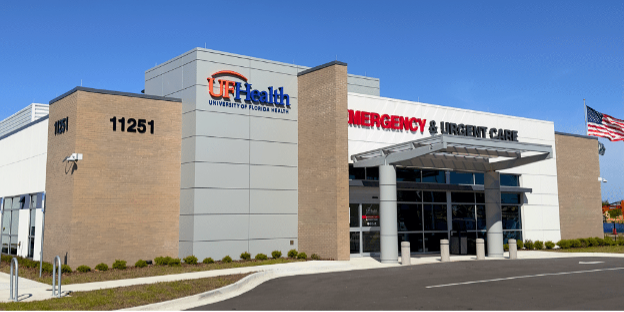Kidney Infection: Diagnosis and Treatment
- Category: General
- Posted On:

A person’s kidneys sit below the ribcage on either side of the spine. The kidneys are bean-shaped organs that filter around 180 liters of fluid every 24 hours. The kidneys form part of the urinary tract and remove excess fluid, waste and acid from the body. Should the kidneys begin to fail, a patient only has three options: a kidney transplant, dialysis or end-of-life care.
For this reason, diagnosing kidney infections quickly is crucial. A timely diagnosis ensures there is no long-term damage. If a kidney infection remains untreated, it can spread to the bloodstream, which may result in sepsis. Severe sepsis can lead to septic shock, which can be fatal.
It is essential to take note of any kidney infection symptoms to ensure prompt diagnosis and treatment.
Symptoms of Kidney Infection
The symptoms of kidney infections can overlap with those of a urinary tract infection (UTI). Some of the most worrying signs to look out for are:
- Chills
- Cloudy, smelly or bloody urine
- Diarrhea
- Fever
- Frequent urge to urinate
- Lower back pain
- Painful urination
- Presence of pus in the urine
A kidney infection is more likely to cause nausea, vomiting and severe pain when compared to a UTI.

Main Causes of Kidney Infections
A kidney infection typically starts after bacteria or viruses multiply in the urinary tract and travel to the kidneys. The kidneys can also become infected when bacteria and viruses spread from an existing infection in another part of the body.
People with kidney stones or an enlarged prostate are more susceptible to kidney infections. This is because these conditions can cause the urinary tract to become blocked. Other risk factors include:
- Anatomy: Women have shorter urethras, which means bacteria and viruses have a shorter distance to get to the urinary tract and into the kidneys.
- Diabetes: People with diabetes are prone to getting UTIs, which puts them at a higher risk of developing kidney infections.
- Spinal cord or nerve damage: Damage to the spine or nerves prevents pain sensations in the urinary tract, which makes it hard to feel the discomfort of a kidney infection.
- Use of a catheter: Urinary catheters open the way for bacteria to enter the urinary tract and can lead to a kidney infection.
- Weakened immune system: A weakened immune system makes it easier to develop a kidney infection.
Diagnosing Kidney Infections
When doctors diagnose a kidney infection, they consider the patient’s medical history. Doctors will also do physical exams and tests when diagnosing kidney infections. These tests include the following:
- CT scan, MRI or ultrasound
- Urinalysis
- Urine culture
Kidney Infection Treatment
Mild kidney infection treatment consists of antibiotics and a fever reducer. People with severe infections must be admitted to the hospital, where they will receive IV antibiotics, fluids and pain medication.
Doctors will suggest a different course of treatment for chronic kidney infections, as they are more severe and can cause permanent kidney damage.
Preventing Kidney Infections
It is easy to prevent UTIs from turning into kidney infections by:
- Drinking plain (not flavored) water every day
- Treating mild or severe constipation promptly
- Using the toilet at the first urge to urinate
- Using the toilet immediately after intercourse
- Wiping from front to back when using the toilet

Visit a UF Health Emergency & Urgent Care Center for Kidney Infection Treatment
At UF Health Emergency & Urgent Care Centers, our primary goal is to provide the residents of Northeast Florida with exceptional service and the proper billing for the care they need. Our combined emergency room and urgent care is fully equipped to handle everything from allergies to fractures to chest pain, with on-site labs, X-ray, ultrasound and CT, all under one roof.
The ER and urgent care centers are open 24 hours a day, 7 days a week. No appointment is necessary — just walk in!
Find the UF Health Emergency & Urgent Care Center in Jacksonville nearest you at www.euc.ufhealthjax.org/locations.
